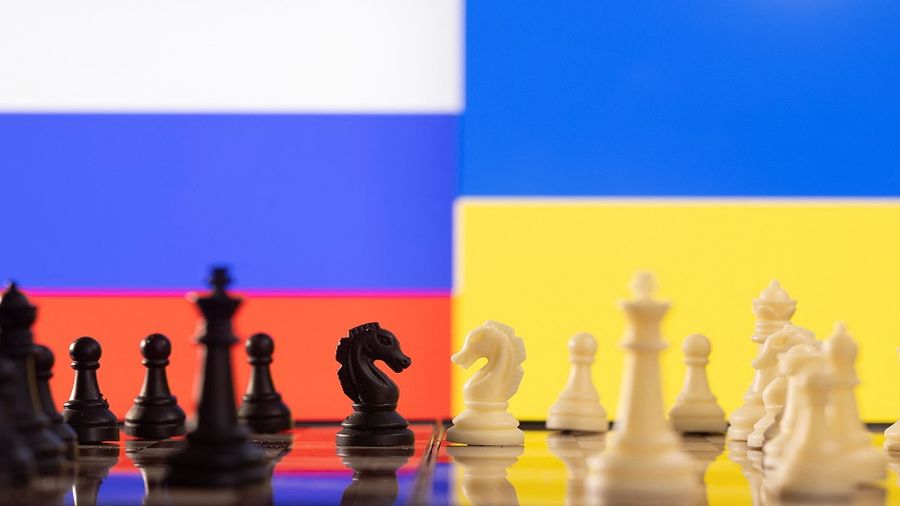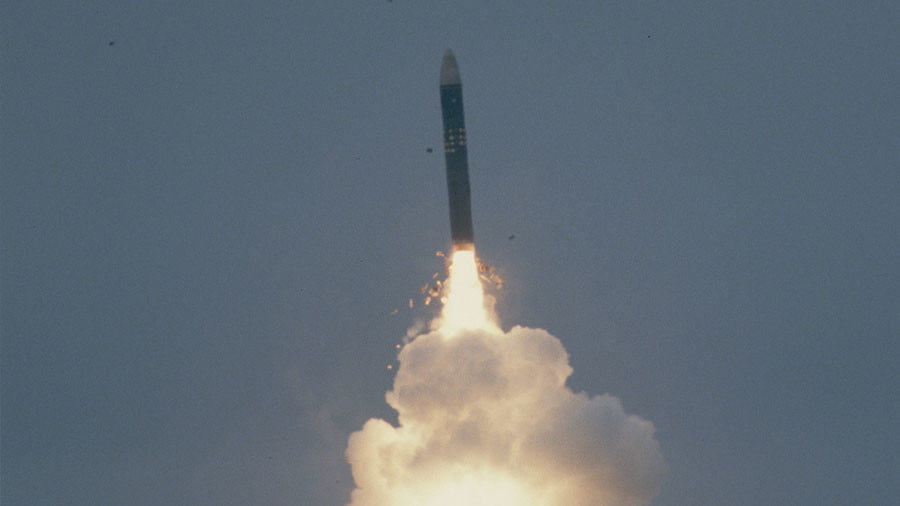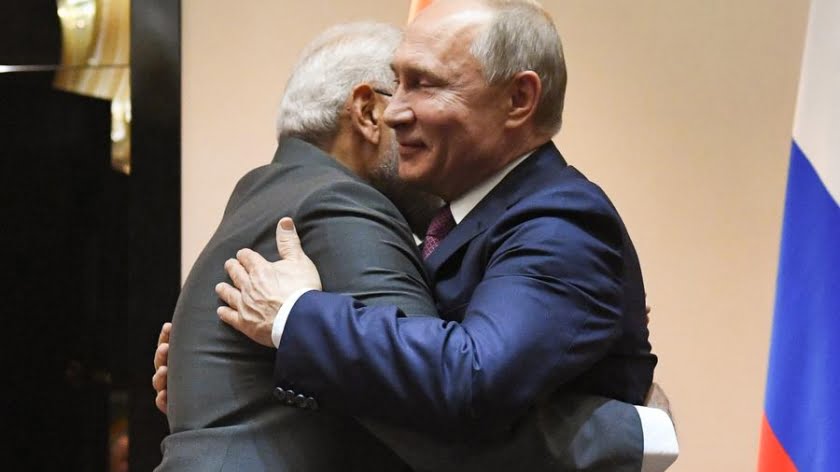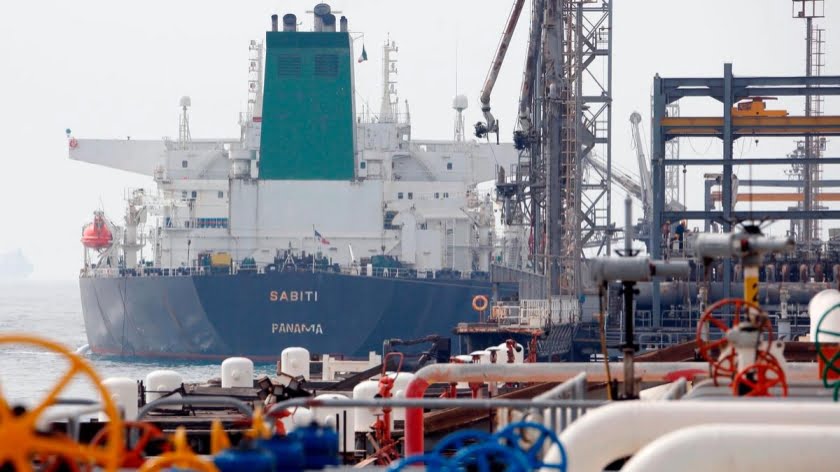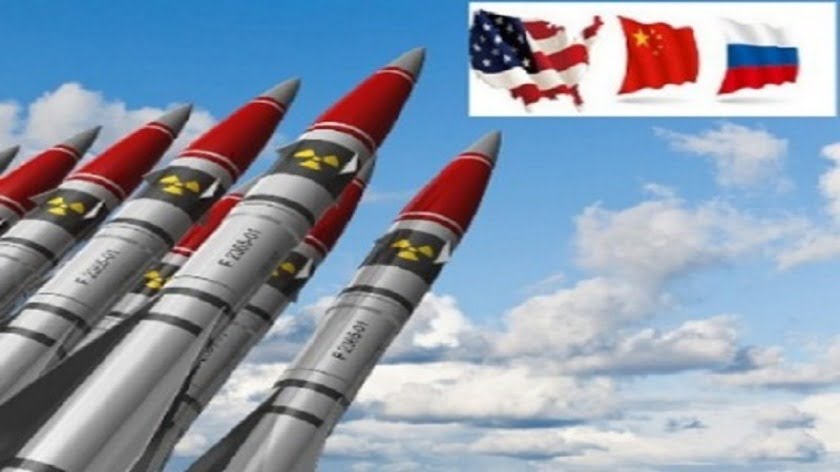The Question of Whether or Not to “Humiliate Russia” Is Irrelevant
The debate over this issue is actually irrelevant, however, since it presupposes that Kiev will inevitably emerge victorious in the conflict. There’s no credible indication that anything of the sort will transpire, nor was there ever in fact, since such a scenario was never anything more than political fantasy.
Kiev reacted very angrily to French President Macron’s suggestion not to “humiliate Russia” after the Ukrainian Conflict finally ends, which prompted a media firestorm over the most optimal way to resolve hostilities between these former Soviet Republics. His proposal was interpreted as implying some variation of Kissinger’s plan whereby the status quo would return to what it was like in February before the commencement of Moscow’s ongoing special military operation, which in turn was taken to hint that Crimea and Donbass would continue to remain separate from Ukraine. That was obviously unacceptable for Kiev, hence why its Foreign Minister lashed out at the French leader.
The debate over this issue is actually irrelevant, however, since it presupposes that Kiev will inevitably emerge victorious in the conflict. There’s no credible indication that anything of the sort will transpire, nor was there ever in fact, since such a scenario was never anything more than political fantasy. The “official narrative” upon which that wishful thinking was based has decisively shifted over the past two weeks as the second phase of Russia’s special operation began to gain ground in Donbass. It remains unclear whether that’ll lead to a game-changing military breakthrough or not, but it nevertheless debunks the speculation that Moscow will inevitably lose the conflict.
The real question is therefore whether or not Kiev should be humiliated after everything ends. Nobody can say with full confidence on what terms that country will surrender nor when that will happen, but it’s clear that this outcome has always been the most likely. The details will largely depend on the military situation at the time that hostilities finally cease, which can’t be know for sure at this moment, just that it’ll remain among the most decisive factors. As it presently stands, Kiev has lost control of Southern Ukraine’s Kherson Region and most of Zaporozhye, which appear poised to reunite with their historical Russian homeland within the next year.
It’ll therefore be forced to accept the loss of at least those two parts of the country along with Crimea and Donbass, which together constitute approximately one-fifth of its pre-“EuroMaidan” territory. There’s nothing “humiliating” about that though since it’s just the way that things are, especially considering that the locals there don’t even want to be part of Lenin’s unnatural mini-empire anymore anyhow. It would therefore actually be “humiliating” and even dangerous for those locals to be forced back under Kiev’s control, which Moscow would never do since it understands the real danger that this would pose for their people.
What might be interpreted as “humiliating” by Kiev is if its US-led Western allies agree to Russia’s demand that the country be demilitarized, with the details remaining unclear but nevertheless likely resulting in a drastic reduction of this rump state’s respective capabilities. Truth be told, however, that wouldn’t objectively be “humiliating” but pragmatic since it would most sustainably ensure the peace that would follow the end of hostilities between these former Soviet Republics. Nevertheless, it might still be a tough sell for President Zelensky considering his people’s rabid nationalism nowadays, though he could always try to find a scapegoat to blame it on in order to lesson the blow to his popularity.
Kiev is completely dependent on its US-led Western allies and therefore can’t realistically behave independently of them, at least not for long enough to make a tangible difference in whatever it might be. This is crucial to keep in mind considering CNN’s recent report that those countries are meeting with one another to hash out the details of their hoped-for ceasefire for ending this conflict, curiously without Kiev’s participation despite promising to always include it in such talks. That news very strongly suggests that they’re aware of how unpopular their proposed terms would be but that they also know that they can successfully coerce Kiev into accepting them.
Against this behind-the-scenes context, one can better understand why the question of whether or not to “humiliate Russia” is nothing but a distraction. It serves to conveniently refocus the public’s attention towards an unrealistic scenario while the most likely one is actively being advanced. Kiev appears uncomfortable with these secret diplomatic dynamics but can’t really do anything to shape them in the direction of its interests. The best that it can hope for is to manipulate public perceptions in such a way as to draw comparisons with the infamous Munich Agreement of 1938 by artificially manufacturing the narrative that it’s been sacrificed by its allies for so-called “appeasement” purposes.
Even that can only convince so many folks since many are already desensitized to the false comparisons between Nazi Germany and the Russian Federation on one hand and Adolf Hitler and Vladimir Putin on the other. Few in the US-led West are likely to take Kiev’s side over their own governments’, especially considering the fact that their authorities are the ones controlling the Mainstream Media narrative, not Zelensky and his clique who just play the role of puppets in this theater. World-class “perception managers” can just once again begin talking about Ukrainian corruption and fascism like they did prior to the latest conflict in order to discredit Kiev from the perspective of “Western values”.
Zelensky is quickly becoming trapped between the Russian Armed Forces’ increasingly successful offensive in Donbass, reported pressure from his own military officials who are very displeased with his decisions over the past 100 days, and his own US-led Western allies who are supposedly hashing out the details of a potential ceasefire behind his back. In such a situation, the best-case scenario would be for him to take the initiative by unilaterally declaring a ceasefire aimed at freezing the lines of control in order to not lose any more of his crumbling country than he already has, but instead he’d rather propagate the political fantasy of “humiliating Russia” so as to distract his people for as long as possible.

